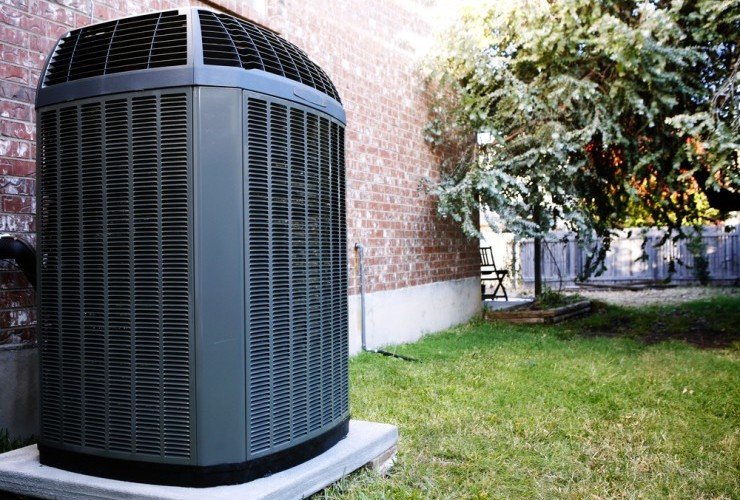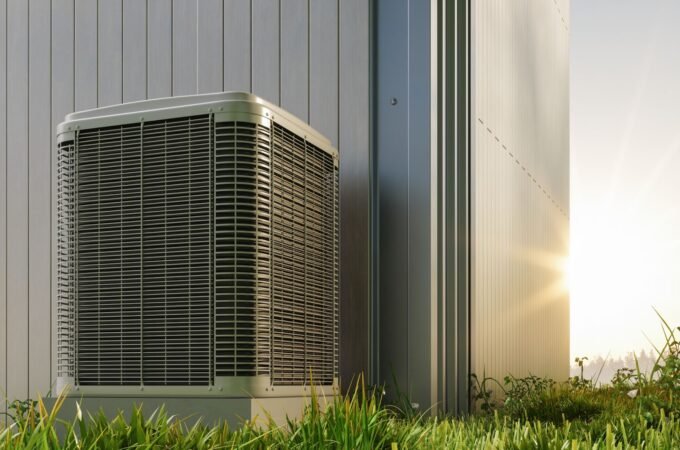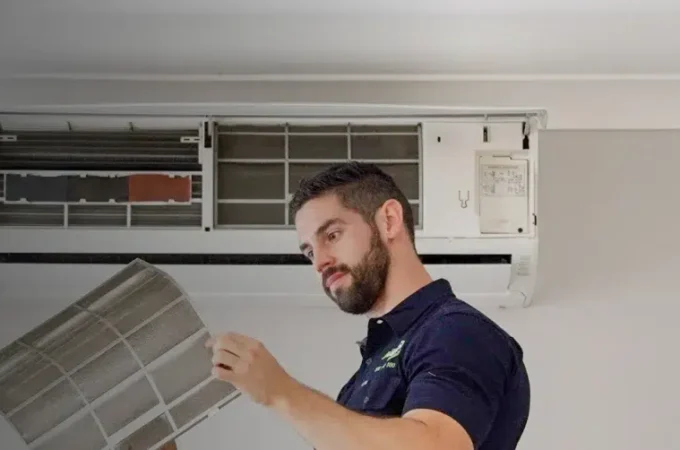
How To Protect your HVAC and Electrical Systems from Lightning, Storms, Hail, and Tornadoes
Essential Measures for Safeguarding Your Home Systems
When it comes to protecting your home from extreme weather conditions like lightning, thunderstorms, hail, and tornadoes, your HVAC and electrical systems should be a top priority. Your electrical and HVAC systems are critical for maintaining a comfortable and safe living environment, and any damage they sustain can lead to costly repairs or replacements.
Whole House Surge Protectors
First and foremost, it’s crucial to invest in whole house surge protection.
Power surges can be caused by lightning strikes, static due to a thunderstorm, or even sudden changes in the electrical grid. Small surges are most common, and typically cause appliances such as refrigerators or AC units to turn on and off, while larger surges, though rare, can be quite dangerous. In addition, though small surges can seem like just an inconvenience, over time, the short bursts of electricity can fry circuit boards and wires.
By installing a whole house surge protector, you can protect your HVAC system, appliances, and other valuable electronics from damage, helping you avoid costly repairs or replacements down the line. Be sure to consult a licensed electrician for proper installation, as they will ensure that your new whole house surge protector is correctly integrated into your home’s breaker panel.
In addition to installing a whole house surge protector, you should also consider the benefits of secondary surge protection devices, such as power strips with built-in surge suppressors. These devices offer an additional layer of security for your most valuable and sensitive electronics and home HVAC systems.

Protecting Your HVAC System from the Elements
While surge protection is an essential component of safeguarding your home’s electrical system, it’s also important to consider the unique challenges posed by storms and other extreme weather events when it comes to protecting your HVAC system.
A skilled technician from a home service company can inspect your equipment to ensure it’s in optimal condition. It’s important to have your electrical systems repaired to reduce the risk of system failure during severe weather. Regular maintenance also helps identify and address any potential vulnerabilities that could be exacerbated by extreme weather conditions.
How to Prepare for a Storm
When a storm is approaching, it’s essential to turn off your air conditioner. Running your air conditioner during a thunderstorm increases the risk of power surges, which can damage the system’s electrical components. In addition, should you need to evacuate your home during a hurricane or tornado, turn off the electrical power at the fuse box and turn off any water sources before you leave your home.
Another important consideration is the proper anchoring of your outdoor HVAC unit. In areas prone to tornadoes, high winds, or hail, securing your unit with hurricane straps or other anchoring systems can prevent it from being lifted or toppled by strong gusts or heavy falling ice. By ensuring your unit is firmly anchored to its pad or the ground, you can minimize the risk of damage during extreme weather events.
Finally, consider installing a lightning protection system for your home, such as lightning rods, conductors, or ground rods. These systems work by providing a safe path for lightning to travel, directing the energy away from your home and its electrical systems, including your HVAC unit. A licensed electrician can help you determine your home’s most suitable lightning protection system.
By investing in regular maintenance, turning off your air conditioner during a thunderstorm, securing your outdoor unit, and installing a lightning protection system, you can safeguard your HVAC system and maintain a comfortable home, no matter what Mother Nature brings.
HVAC Hail Guards, Rain Shields, and Protection Cages
In addition to installing a whole house surge protector, and taking steps to prepare for a storm, you can further safeguard your home HVAC and electrical systems with hail guards, rain shields, and protection cages. These protective accessories can significantly reduce the impact of extreme weather conditions on your HVAC unit.
Hail Guards
Hailstorms can cause significant damage to your outdoor air conditioning unit. When your AC has hail damage, including dents and punctures to the condenser coils, it can lead to decreased efficiency and costly repairs. HVAC hail guards are designed to shield your AC unit from hail damage while still allowing for proper airflow.
Rain Shields
Aside from potential lightning strikes, a thunderstorm also means heavy rain. Although your outdoor AC unit is built to withstand rain, heavy downpours and wind-driven rain can still cause issues, especially if water seeps into sensitive electrical components. Rain shields for air conditioners are designed to deflect rainwater away from the unit, preventing water intrusion and potential short circuits.
By installing a rain shield for your air conditioner, you can reduce the risk of weather-related damage and help maintain your system’s efficiency.
Protection Cages
Flying debris and fallen trees due to high winds can wreak havoc on your unit, leaving you with costly repairs or even the need for a total replacement. However, a specially-designed metal cage enclosure can help safeguard your HVAC unit from these weather-related hazards while still allowing for optimal airflow.
In addition to storm protection, HVAC protection cages also offer security benefits. These heavy-duty enclosures surround your outdoor unit, making it much more difficult for potential thieves or vandals to tamper with.

Keeping Your Home Safe and Protected
By incorporating hail guards, a rain shield for your air conditioner, and protection cages into your HVAC system’s defense strategy, you can significantly reduce the risk of damage due to extreme weather.
If you live in an area where storms are common, a whole house surge protector is also a smart choice. A whole house surge protector will keep your electronics and appliances from being damaged, and keep you and your family safe.
Remember, it’s essential to work with skilled technicians to ensure proper installation and maintenance of these protective accessories, allowing you to keep your home comfortable and protected, regardless of the weather conditions.




